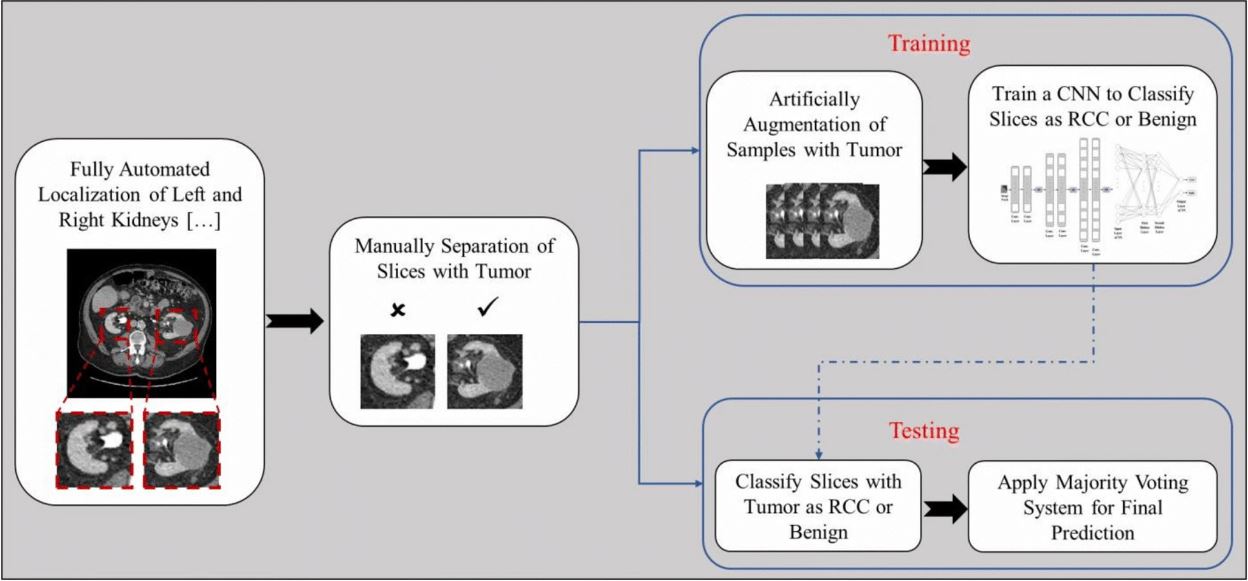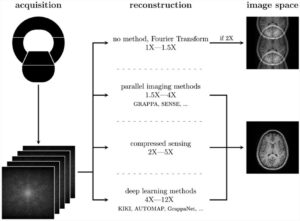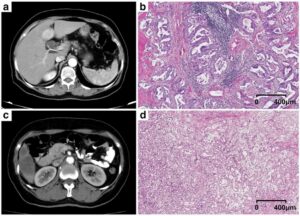The purpose of this study was to develop a deep learning-based method for the automated classification of renal cell carcinoma (RCC) from benign solid renal masses using contrast-enhanced computed tomography (CECT) images. The authors determined that a semi-automated majority voting convolutional neural network (CNN) based methodology enabled the accurate classification of RCC from benign neoplasms among solid renal masses on CECT.
Key points
- Our proposed semi-automated majority voting CNN-based algorithm achieved accuracy of 83.75% for the diagnosis of RCC from benign solid renal masses on CECT images.
- A fully automated CNN-based methodology classified solid renal masses with moderate accuracy of 77.36% using the same test images.
- Employing 3D CNN-based methodology yielded slightly lower accuracy for renal mass classification compared with the semi-automated 2D CNN-based algorithm (79.24%).
Authors: Fatemeh Zabihollahy, Nicola Schieda, Satheesh Krishna & Eranga Ukwatta













